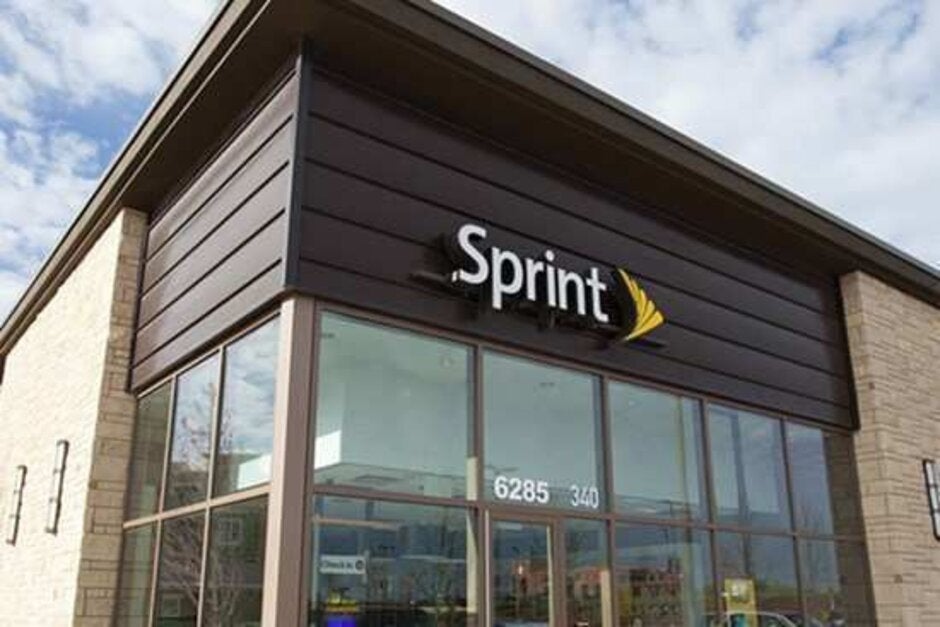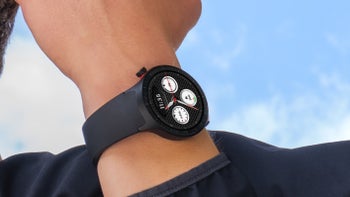Sprint skips auction of 5G airwaves expecting to merge with T-Mobile

T-Mobile's 600MHz low-band spectrum travels great distances and penetrates structures with ease. But it doesn't deliver the kind of super-fast download data speeds that mmWave airwaves offer. In addition, mmWave can handle larger amounts of traffic. T-Mobile currently uses its low-band spectrum for the first nationwide 5G network while it does employ mmWave spectrum in seven urban markets. And if it can obtain mid-band spectrum by acquiring Sprint or via the C-band auction that the FCC will hold this year, the wireless provider will have a well-rounded 5G network comprised of low, mid and ultra-high band airwaves.
According to Business Insider, the FCC says that it has sold 99.9% of mmWave spectrum that was up for bids in Auction 103. So far, these airwaves have generated winning bids of $7.6 billion. This is the third FCC auction of these ultra-high band signals and the current auction features signals found in the upper 37 GHz, 39 GHz, and 47 GHz bands. The total amount being auctioned off is 3,400MHz. During the first two auctions of mmWave spectrum, AT&T spent $982 million, T-Mobile shelled out $842 million while Verizon was on the hook for $520 million. Sprint has been avoiding mmWave spectrum believing that its $26.5 billion merger with T-Mobile will go through.
Without obtaining any mmWave spectrum, a standalone Sprint will be forced to rely on its mid-band spectrum to offer 5G
If Sprint were to outbid T-Mobile to purchase some mmWave spectrum and T-Mobile closes on the merger, the latter would be essentially paying a premium for spectrum that it was going to own anyway. But here's the thing folks. Should the deal not be approved, T-Mobile will most likely end up with the mid-band spectrum it needs before the end of the year when the FCC puts 280MHz of airwaves in the 3.7GHz-4.2GHz range up for bids. But Sprint will be pretty much left hung out to dry as it will have to continue relying on its 2.5GHz mid-band spectrum for 5G coverage. As Sprint itself has pointed out, the carrier's ability to spread its 5G service beyond metro areas will be difficult with just its mid-band holdings. After reporting six consecutive quarters in which it recorded a decline in postpaid subscribers, the carrier does not have the financial flexibility to aggressively take part in these auctions. Sprint says that its "ability to expand its 5G network footprint outside of metro areas will be limited by its financial resources, lack of scale, and access to low-band spectrum."

The future does not look bright for a standalone Sprint
Which again, makes us seriously wonder about the common sense of the state attorneys general seeking to block the merger. Because if Sprint remains a standalone company, odds are it will have to raise prices or face an uphill battle to stay alive. Without mmWave spectrum, a standalone Sprint will be well behind Verizon, AT&T, and T-Mobile when it comes to offering nationwide 5G. And even Sprint acknowledges that it has a "huge debt load" that could force it to restructure through a Chapter 11 bankruptcy filing.
If the odds favor Sprint having to raise prices or shut down leaving three major carriers, the states would have been better off just letting the merger go through. After all, their main concern is that if T-Mobile acquires Sprint, it will reduce the amount of competition in the industry leading to higher prices for consumers. However, if the merger is approved, Dish Network will acquire Sprint's prepaid businesses and customers (over 9.3 million in number), 14MHz of low-band 800MHz spectrum, 7,500 retail locations, and 400 employees. It also will sign a seven-year MVNO agreement with T-Mobile so that it can sell service under the Dish Network name while it builds out a 5G network and replaces Sprint.
The T-Mobile-Sprint merger has some hurdles it must clear. One is the decision expected this month from Judge Vincent Marrero in the case involving the state attorneys general and the attorney general of Washington D.C. Then, Judge Timothy Kelly must make a ruling on his review of the Tunney Act as it pertains to the T-Mobile-Sprint merger. The Tunney Act calls for an independent court to review actions taken by the DOJ to make sure that they are in the public interest. In this case, the deal between Sprint and Dish would be under review and a ruling is expected by the middle of this month. And finally, the California Public Utility Commission (PUC) still needs to sign off on the merger.
Follow us on Google News











Things that are NOT allowed:
To help keep our community safe and free from spam, we apply temporary limits to newly created accounts: